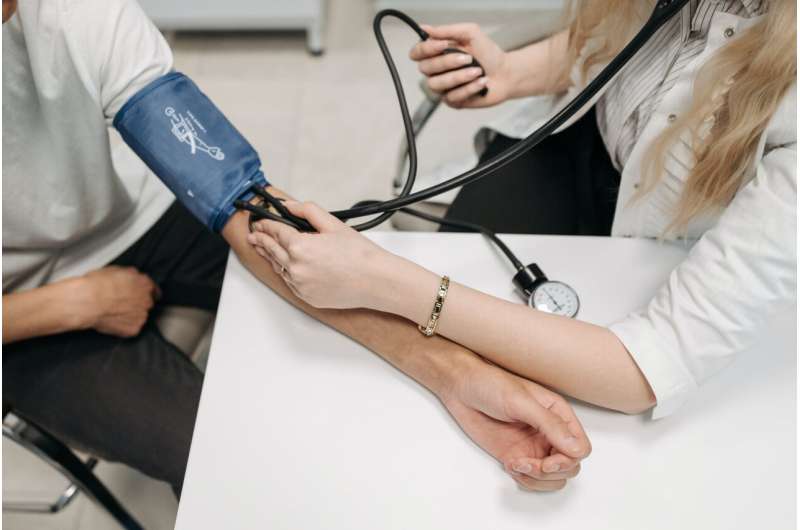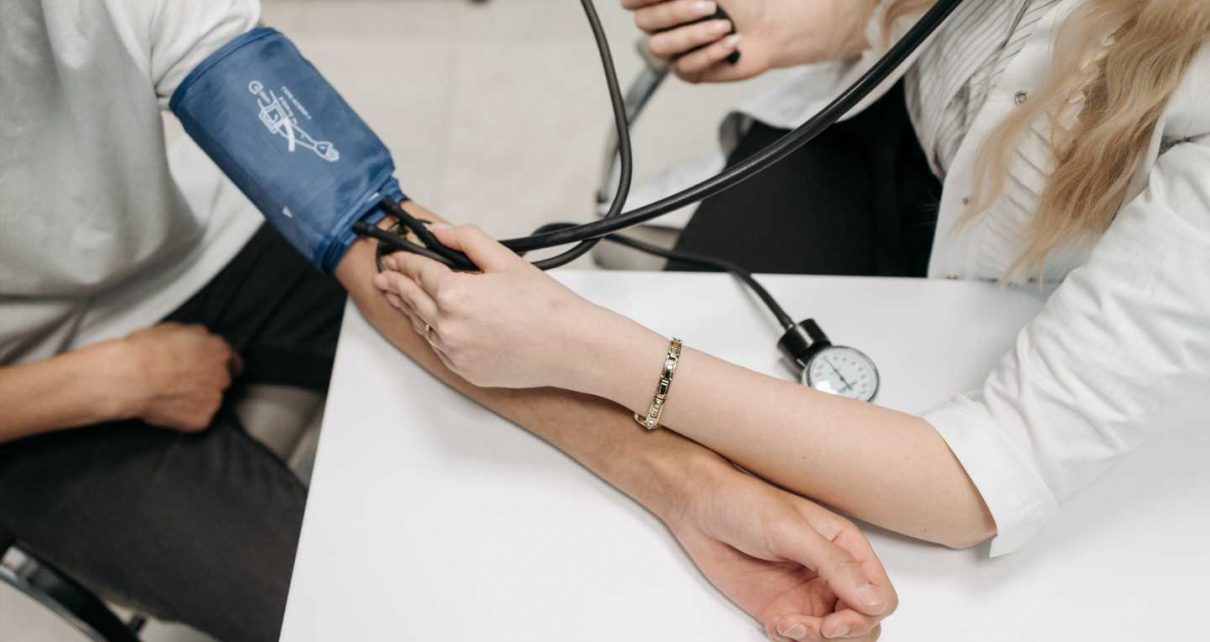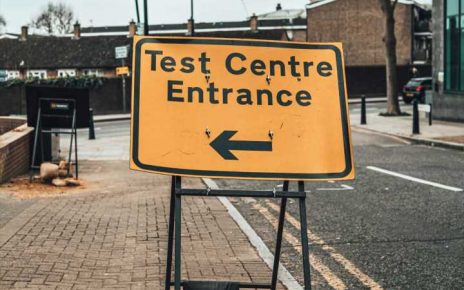
- Compared to participants who received the placebo, participants who received single doses of zilebesiran had greater than 10 mm Hg reductions, on average, in 24-hour systolic blood pressure and greater than 90% reductions in serum levels of AGT, a hormone produced predominantly in the liver that contributes to blood pressure regulation.
- At the three-month follow-up, the participants in groups that received the 300 mg and 600 mg doses of zilebesiran had 24-hour average systolic blood pressure that was lowered by 15 mm Hg or more on average.
- After six months, people receiving zilebesiran were significantly more likely to experience 24-hour average systolic blood pressure reductions of 20 mm Hg or more on average without taking additional high blood pressure medications.
- People receiving zilebesiran were more likely to achieve 24-hour average systolic blood pressure measurements of 130 mm Hg or less at six months.
- 394 patients were randomized, and 377 patients were ultimately included in the analysis: 302 were randomized to one of the four zilebesiran dosage groups and 75 people to the placebo group. Their average age was 57 years old.
- About 25% of participants were Black adults; 56% were men.
- The study was conducted at sites in Canada, Ukraine, the United Kingdom and the U.S., and 78% of participants lived in the U.S. Due to challenges with data collection with the war in the Ukraine, data from the 16 patients randomized in Ukraine were excluded from the analyses.
- Average blood pressure of participants at time of enrollment in the study was 141.8/81.8 mm Hg.
- There were four non-serious, related adverse reactions leading to discontinuation in the zilebesiran groups: two instances of orthostatic hypotension; one of blood pressure elevation; and one of injection site reaction. There were no adverse reactions in the placebo group.
- The six-month, placebo-controlled treatment period of the Phase 2 trial reported here was conducted from July 2021 to June 2023.
Source: Read Full Article



